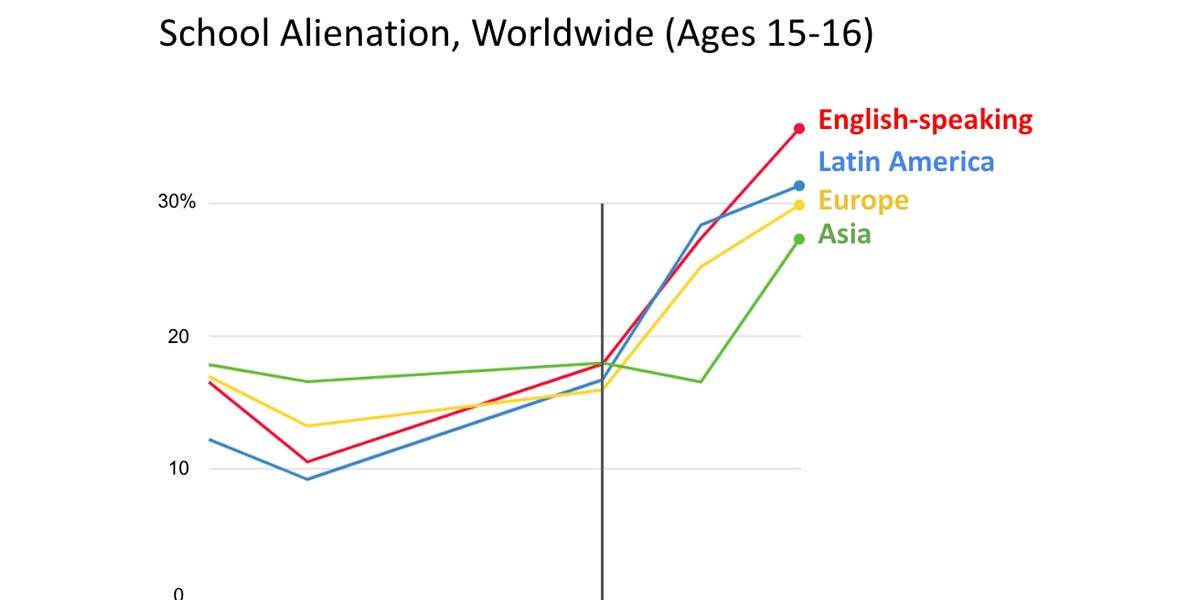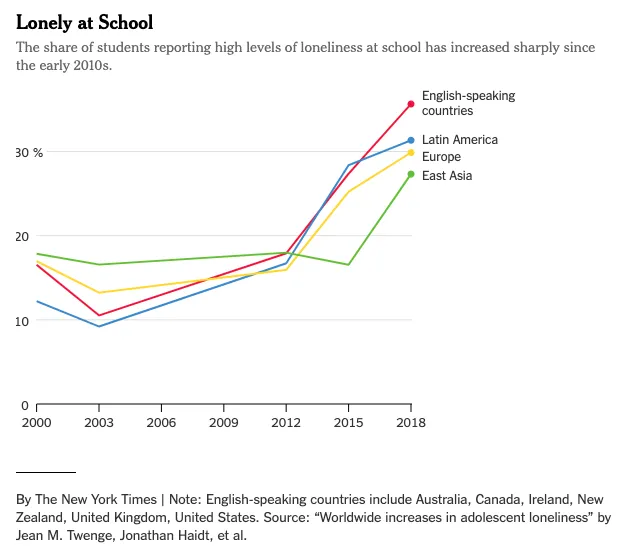Think about how hard it is for you to stay on task and sustain a train of thought while working on your computer. Email, texts, and alerts of all kinds continually present you with opportunities to do something easier and more fun than what you’re doing now. If you are over age 25, you have a fully mature frontal cortex to help you resist temptation and maintain focus, and yet you probably still have difficulties doing so. Now imagine a phone in a child’s pocket, buzzing every few minutes with an invitation to do something other than pay attention. There’s no mature frontal cortex to help them stay on task.
Whatever rules a school may have in place against it, many studies have established that students
check their phone a lot during class, and that they receive and send texts if they can get away with it. Their focus is often and
easily derailed by interruptions from their devices.
One study from 2016 found that 97 percent of college students said that they sometimes use their phones during class for non-educational purposes. Nearly 60 percent of students said that they spend more than 10 percent of class time on their phones, mostly texting. Many studies show that students who use their phones during class
learn less and get
lower grades.
You might be thinking that these are correlational findings; maybe the smarter students are just better able to resist temptation? Perhaps, but experiments using random assignment likewise
show that using or just
seeing a phone or
receiving an alert causes students to underperform.
For example, consider
this study, aptly titled “Brain Drain: The Mere Presence of One’s Own Smartphone Reduces Available Cognitive Capacity.” The students involved in the study came into a lab and took tests that are commonly used to measure memory capacity and intelligence. They were randomly assigned to one of three groups, given the following instructions: (1) Put your phone on your desk, (2) leave it in your pocket or bag, or (3) leave it out in another room. None of these conditions involve active phone use—just the potential distraction of knowing your phone is there, with texts and social-media posts waiting. The results were clear: The closer the phone was to students’ awareness, the worse they performed on the tests. Even just having a phone in one’s pocket sapped students’ abilities.

 www.theatlantic.com
www.theatlantic.com



